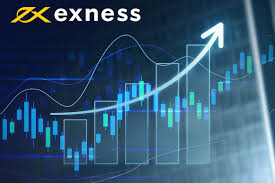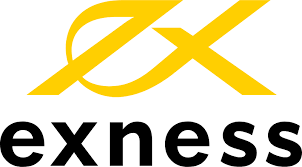
Understanding Competitive Exness Fees for Traders
When considering a trading platform, one of the most crucial factors to evaluate is the fee structure. Competitive Exness Fees http://www.sempeeters.nl/1/exness-evaluation-2025-12/ The fees that brokers charge can significantly impact your overall profitability and trading strategy. Exness, a reputable online broker, offers a range of services and competitive conditions. This article dives into the various fees associated with Exness, how they compare with other platforms, and ultimately how they affect traders’ bottom lines.
1. Overview of Exness
Founded in 2008, Exness has grown rapidly and now serves clients from all over the world. The platform provides access to numerous financial instruments, including forex, commodities, and cryptocurrencies. Exness is known for its transparency and reliability, which is reflected in its regulatory compliance and customer service.
2. Types of Fees in Exness
When trading with Exness, traders encounter several types of fees, each impacting the overall cost of trading. These fees include:
2.1. Spreads
The spread is the difference between the buying and selling price of a particular asset. Exness offers competitive spreads, often starting from 0.0 pips on certain accounts like the Raw Spread account. Raw spreads can be particularly appealing for scalpers and high-frequency traders who seek the best possible pricing.
2.2. Commissions
While some accounts come with no commissions, others charge a small fee per trade. For example, the commission on a Raw Spread account is generally a fixed fee per lot traded. Traders should evaluate their trading volume to determine whether the commission structure benefits them overall.
2.3. Swap Fees
Swap fees, also known as rollover fees, are charged for holding a position overnight. Exness does offer swap-free accounts compliant with Islamic finance principles, allowing traders to avoid this cost. It’s crucial to understand the implications of swaps on trading strategies, especially for long-term investors.

2.4. Deposit and Withdrawal Fees
Exness promises no fees for deposits and withdrawals in most cases, making it easier for traders to manage their funds. However, it’s important to consider potential fees from payment processors, which may vary depending on the chosen method.
2.5. Inactivity Fees
Inactivity fees come into play if a trader does not log into their Exness account for an extended period. It’s essential to remain active with trading activity or strategically manage your account to avoid these charges.
3. Comparing Exness Fees with Competitors
Competitive fees significantly influence trader choices. Compared to other brokers, Exness tends to offer lower spreads, especially for high-volume traders. When looking at peers like OANDA, IG, or FXCM, Exness typically provides better conditions for active traders.
However, it’s vital to consider not just the fees but the overall trading experience. Platforms like MetaTrader 4 and 5, which Exness supports, enhance trading with advanced analytical tools, which can offset some fees through improved decision-making.
4. Tips for Managing Trading Costs with Exness
- Choose the Right Account Type: Selecting an account that aligns with your trading style can optimize your costs. If you’re a scalper, consider the Raw Spread account.
- Keep an Eye on Market Conditions: Market volatility can influence spreads; being informed can help you make cost-effective trading decisions.
- Utilize Promotions and Bonuses: Exness occasionally offers promotions that can help reduce overall trading costs.
- Be Aware of Fees: Staying informed about all fees, including inactivity and swap fees, can prevent unexpected costs.
5. Final Thoughts
Choosing Exness as your trading platform comes with competitive fees that cater to various trading styles. While Exness’s fee structure is designed to provide value, traders must remain vigilant about potential costs associated with their trading activities. By strategically managing account types, understanding fee implications, and optimizing trading strategies, traders can enhance their profitability within Exness.
In conclusion, the initial assessment of competitive Exness fees lays a solid foundation for understanding the overarching financial implications and helps traders make informed decisions regarding their trading ventures.
Leave a Reply